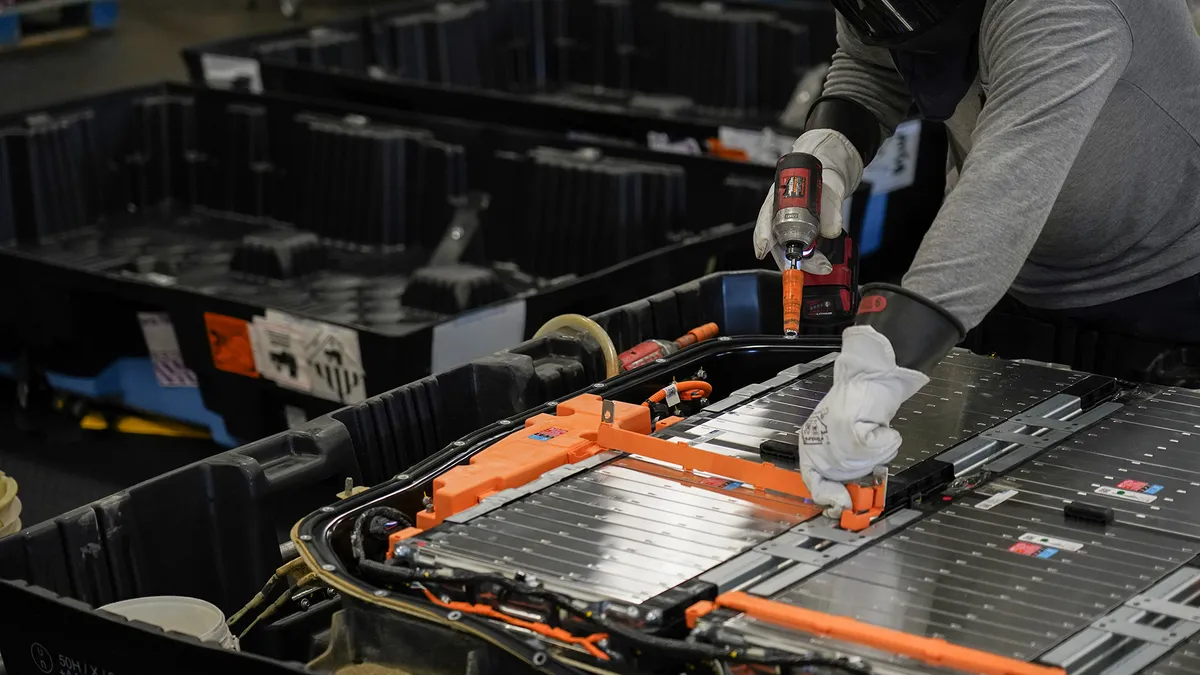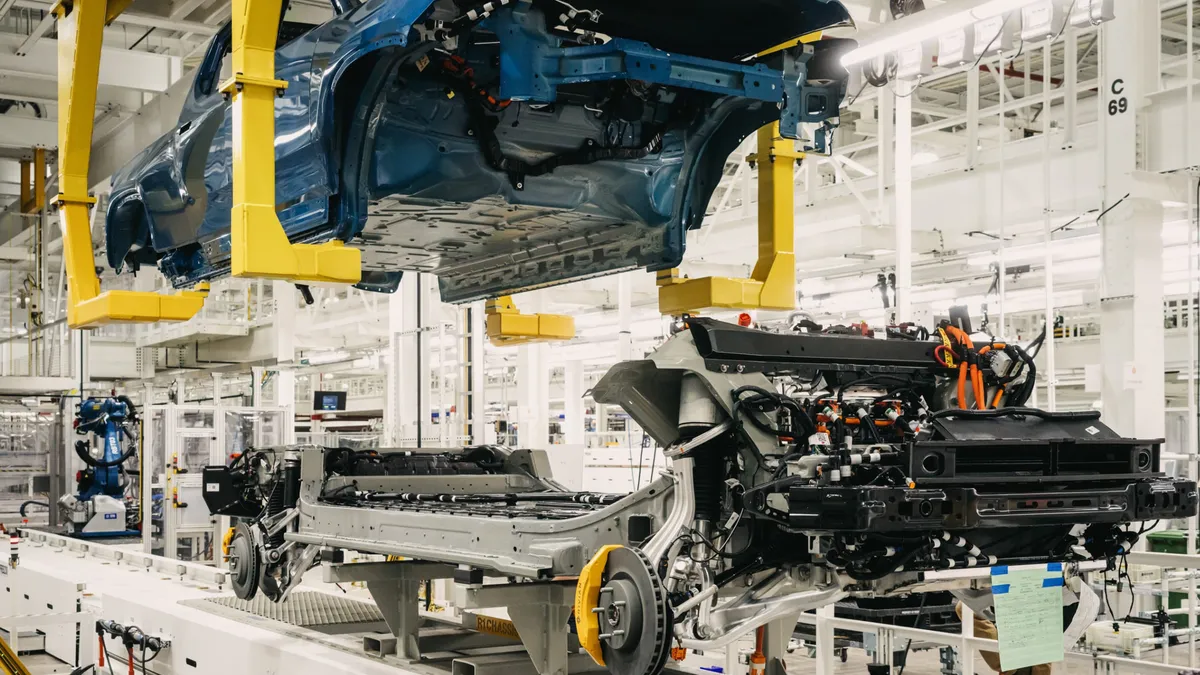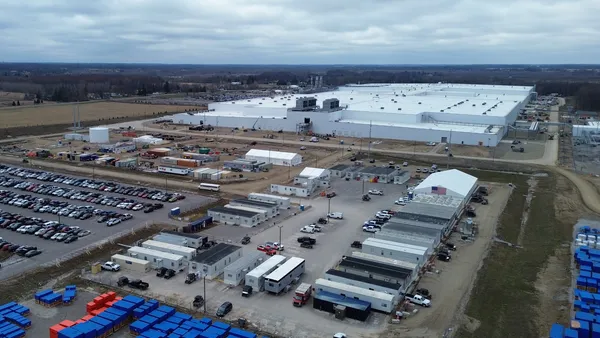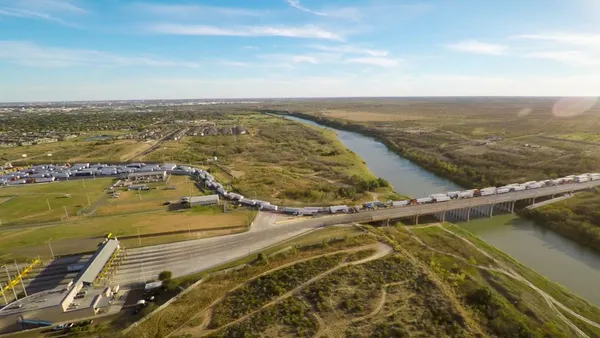New Jersey Gov. Phil Murphy has signed the Electric and Hybrid Vehicle Battery Management Act, making it the first state with an extended producer responsibility law for electric vehicle batteries. Murphy signed the bill on Monday, the final day of the legislative session.
Under the law, battery producers of “propulsion” batteries — including EV, lithium-ion batteries and nickel-metal hydride batteries — will need to create battery management plans and submit them to the New Jersey Department of Environmental Protection for approval. Those plans could include options like a complete vehicle take-back program, a battery take-back program or another method, according to the law.
Producers will also be responsible for educating consumers about the available collection options and must meet other criteria, such as permanently affixing an information label to the battery.
The DEP will also conduct a needs assessment to determine how many relevant public and private battery recyclers are available and how many might be needed to implement the EPR law’s provisions. Producers’ battery management plans would be due 180 days after that needs assessment is completed, and the needs assessment must be completed within 18 months, according to the bill.
“With its new law, New Jersey continues the trend of addressing new batteries not previously included in EPR laws,” said the Product Stewardship Institute in a statement. PSI is known for writing model battery EPR legislation and advocating for EPR for multiple kinds of products.
New Jersey follows several other states that recently passed battery-related EPR programs. In 2021, Washington, D.C., enacted the first comprehensive EPR law in the U.S. for rechargeable and primary batteries. Battery manufacturers began joining approved battery stewardship programs and submitting compliance plans to the District in 2023.
In 2022, California established its own EPR program for a range of single-use and rechargeable batteries and established a stakeholder advisory board.
In 2023, Washington state enacted an EPR for batteries law that also includes a range of battery types. It also established labeling requirements for certain batteries and required a public education component. Though EV batteries were not included in that state’s EPR program, the law requires the state’s Department of Ecology to publish policy recommendations for EV battery collection and other large-format battery types by April 2024.













